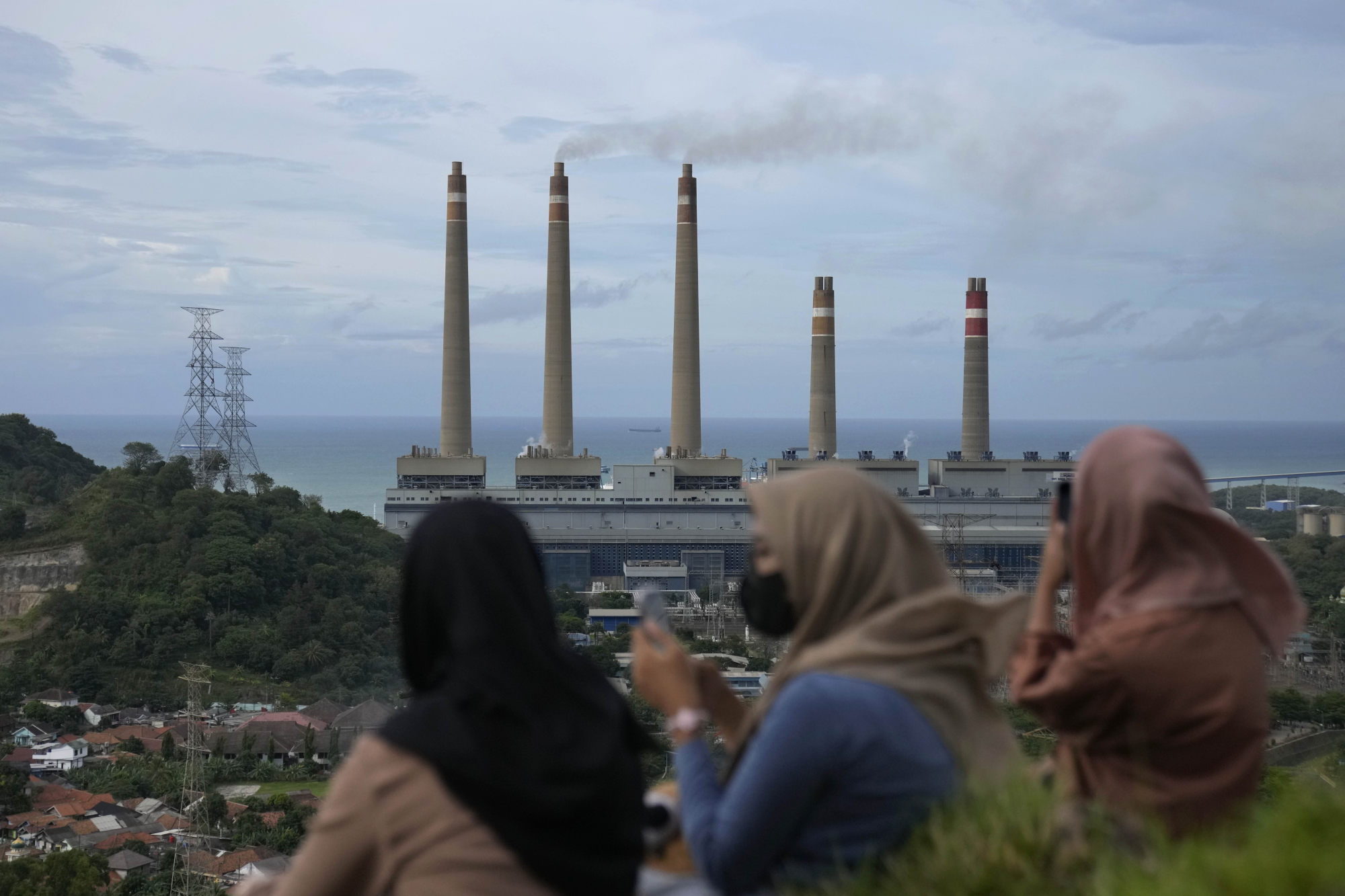
As Asia chokes on deadly smog, Indonesia cuts back on coal amid pollution spikes
- A major coal-fired power plant to the west of Jakarta says it’s scaling back production to improve air quality in the Indonesian capital
- It comes as a US study warns Bangladesh, India, Nepal, Pakistan and Mongolia are the worst hit by the ‘greatest external risk to human health’: smog
The continuing impact of air pollution in Asia makes it a bigger global health challenge than alcohol, cigarettes, dirty drinking water or traffic accidents, according to the University of Chicago in the US.
On Wednesday, the operator of a major coal-fired power plant near Indonesia’s capital city said it had nearly halved output after major pollution spikes in recent weeks.

Jakarta, a megalopolis of about 30 million people in the greater urban area, topped global pollution rankings several times last month, according to Swiss-based air quality monitor IQAir, as a toxic smog crisis threatened to overshadow the meetings.
“Since August 29, PLN IP [Indonesia Power] has lowered Suralaya coal-fired power plant’s production by 1,600 megawatts … to contribute in improving Jakarta’s air quality,” said Irwan Edi Syahputra Lubis, general manager of the plant’s operator.
He said the plant, on the western tip of Indonesia’s most populous island Java around 100km (60 miles) from central Jakarta, would now operate to produce 1,800 megawatts.
He would not confirm how long the power cut would be maintained or if it was a permanent move, saying the firm would follow directives from the Indonesian government.
Indonesia has pledged to stop building new coal-fired power plants from 2023 and to be carbon neutral by 2050.
However, despite an outcry from environmental activists, the Suralaya coal plant on Java island is still being expanded to host 10 units within the plant’s complex.
As public criticism has mounted over worsening air quality, Indonesia has responded by sanctioning 11 industrial firms for failing to meet operational standards and ordered half its civil servants to work from home.
The government had blamed weather patterns and vehicle emissions for the spike but some ministers have recently acknowledged coal-fired power plants and factories around the capital were also partly responsible.
In no other location on the planet is the deadly impact of pollution more visible than in South Asia
“In no other location on the planet is the deadly impact of pollution more visible than in South Asia, home to the four most polluted countries in the world and nearly a quarter of the global population,” the university said.
And with air pollution also a concern in China and Indonesia, the world’s second-most and fourth-most populous countries, the overall effect on life expectancy worldwide was “comparable to that of smoking, more than three times that of alcohol use and unsafe water, and more than five times that of transport injuries like car crashes”.
Previous studies have suggested around two-thirds of air pollution deaths take place in Asia.
And while Europe and North America fare better than other regions, air pollution levels remain above the recommended WHO level.


.png?itok=arIb17P0)